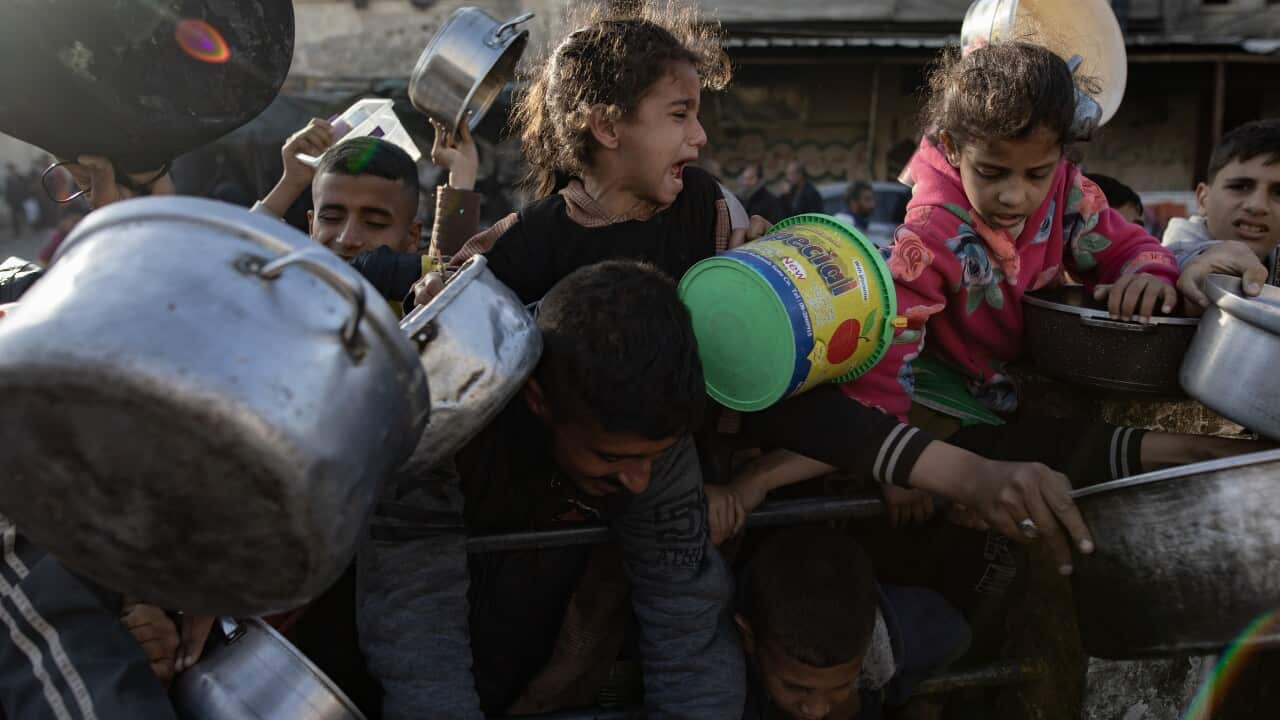Yousuf Karimi migrated to Australia from Afghanistan in 2007 when he was 17. As he was finishing high school, he dreamed of becoming the first person in his family to go to university.
Mr Karimi did just that, graduating with his bachelor's degree and then his master's in architecture from RMIT at the end of last year. However, while almost all of his classmates now have jobs in architecture, he has not even been given an interview after applying for more than 50 roles.
Instead, he's working in retail.
Now, a new study from Deakin University is shedding some light on why highly qualified migrants like Yousuf are having trouble breaking into the job market.
The study found the education levels of Muslim migrants improve when they have higher English skills.
However, their employment prospects do not.
Doctor Cahit Guven, the economics lecturer who led the research project, says this is not the case for non-Muslim migrants.
The study used Census data from 2006 and 2011 to look at child migrants aged 18 and younger.
While it found that high levels of education did not boost job prospects for Muslim migrants, it was unable to discover why.
Doctor Guven says the study suggests Australia has been focusing too much on English language skills and forgetting other aspects.
While the study could not explain this gap in employment outcomes, Muslim leaders fear unconscious bias and discrimination might be the cause.
General Manager of the Islamic Council of Victoria, Ayman Islam, says other factors like Islamophobia might be at play.
Mr Islam says he believes the issue begins long before a Muslim applicant is invited for an interview, with migrants being dissuaded from entering certain fields when they are still school students.
While it's not a problem with an easy fix, Mr Karimi says he's determined to keep applying for jobs in architecture so he can be a role model for others in his community.





